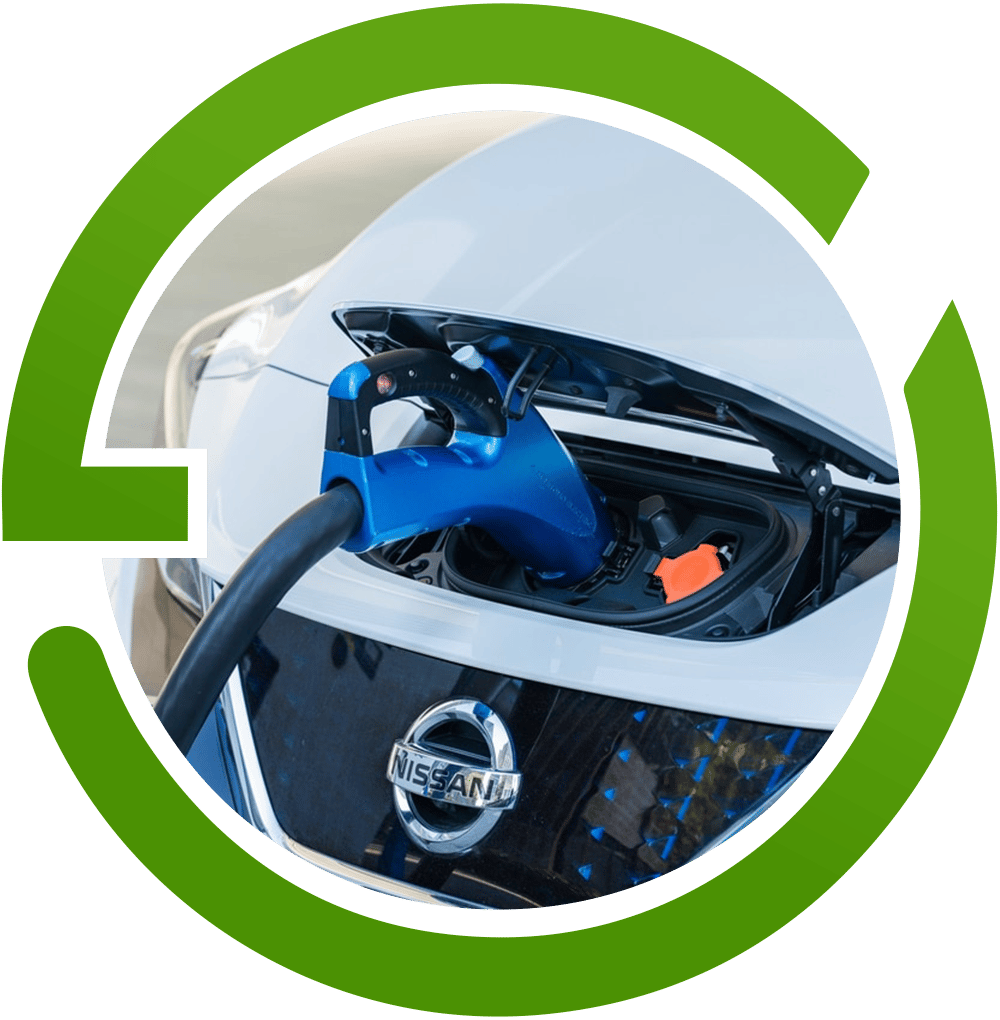


Schedule Free Estimate
Our Services
EV Charging Solutions Is Powering The Future
Nissan EV Charger Installation in Rochester, MN
Nissan has built a reputation as an affordable and family-friendly car company that is reliable and safe. Now, they can add eco-friendly to their name as well with the many electric vehicles they have manufactured.
If you own a Nissan or are thinking about buying one, you can have an EV charging station installed in your home by calling Electric Vehicle Charging Solutions at (507) 316-6044.
FAQs About Nissan EV Charger Installation
Why should I buy a Nissan electric vehicle?
Nissan’s electric vehicles run on batteries instead of traditional fuels. When you drive an EV, you will not need to regularly make special stops at the gas station. You can, however, charge your vehicle while you sleep. In many cases, the cost of electricity to charge an EV is less than the cost of gasoline to drive the same distance. Further, you could save money on taxes by investing in an electric vehicle.
Which electric vehicle models can be bought right now?
The Nissan LEAF is a well-liked electric hatchback. Depending on the trim level selected, the LEAF ranges up to 226 miles and produces up to 214 horsepower. When it hits dealerships in 2023, you can pick up a Nissan Ariya crossover SUV. Range is up to 300 miles, and power is 238 hp.
How much money can you save by driving an electric vehicle?
The price of gasoline varies greatly from one area to another. Different drivers also exhibit various forms of individuality when behind the wheel. With these factors in mind, it is not possible to estimate savings firmly. However, because of the low and stable price of electricity in most areas, you can expect to enjoy some level of savings and easier budgeting when you switch to an EV.
In what way do you charge your Nissan electric vehicle?
Nissan EV batteries can be charged in two ways. When you decelerate while driving, the battery may be recharged somewhat through regenerating braking. This means that the kinetic energy produced by the brakes is turned into energy for the battery. The majority of the energy used by your EV will come from a wall socket or power unit in your house. A 110-volt household power outlet can be used, or you can upgrade to a 240-volt wall-charging unit.




